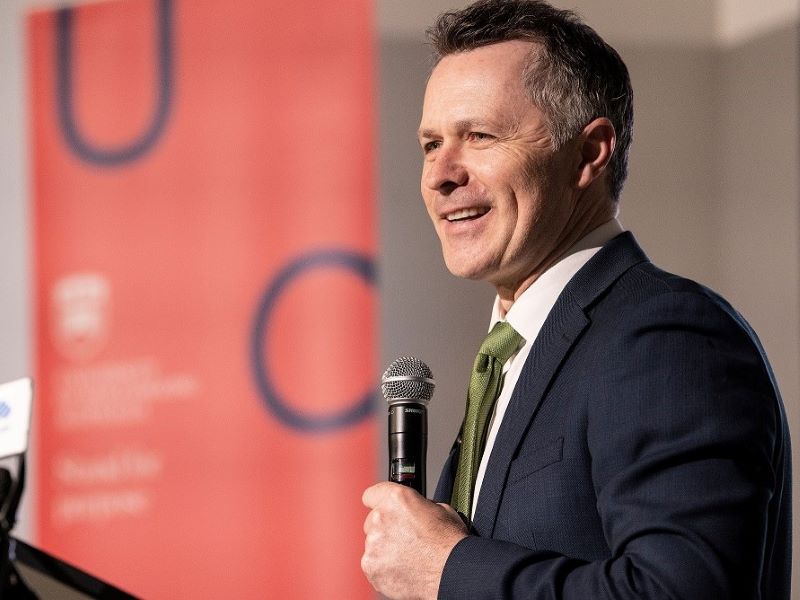Education minister Jason Clare has re-introduced legislation drafted by the former government to advance Australia’s Economic Accelerator, which will bring about more grants for commercialisation and industry-led postgraduate research.
The legislation was initially introduced in February by then-Education minister Stuart Robert but lapsed when parliament was prorogued in April ahead of the federal election. The bill tabled on Thursday is identical to the original version.
It seeks to amend the Higher Education Support Act 2003 to give power to the Education minister to issue grants supporting an increase of industry-led postgraduate research and to develop technologies to a level that’s attractive to commercial investors.
The minister will also be able to fund research at higher education providers to undertake research programs aligned with areas of national priority.

Following the passage of the bill, an ongoing AEA grant program worth $432 million over four years from 2022-23 will be set up. A further $36.1 million will be committed to “new industry-led postgraduate study programs” over the same period.
This has changed since the explanatory memorandum issued by the Coalition in February, when $505.2 million and $52.4 million over five years from 2021-22 was to be provide for the same two programs. This change is contained in the federal government’s October Budget.
The Coalition government AEA program will consist of two stages of competitive grants, followed by a third co-investment fund stage for up to 50 companies supported through Main Sequence Ventures. The latter would be worth $150 million, according to the previous federal government.
Mr Clare noted that while Australia ranks fifth on the 2022 World Intellectual Property Organisation’s Global Innovation Index for foundational research, it ranks 37th for knowledge and technology outputs.
“The former government’s university research commercialisation panel considered this problem and recommended a dedicated funding programme to help higher education providers to bridge this gap and that is what this bill does,” Mr Clare said.
“The Australia’s economic accelerator or a programme is a new funding programme targeted at supporting research translation and commercialisation within our universities… Distinct from other funding models in research, the AEA will have a fast-fail focus.
“It will fill a gap in the current research commercialisation landscape by funding translational research from early-stage research into a product that shows viability for industry partnership and investment. Projects will progress through the programme based on the continued success and achievement milestones.
The postgraduate programs intend to “embed researchers in industry settings, enhancing research commercialisation and translation skills and building research careers in industry”.
An “expert commercialisation board, supported by expert Priority Managers,” will manage the AEA program, which will consist of up to eight members. The board will advise the Education minister through a Research Commercialisation Strategy to be produced every five years from 2022-23.
The Coalition originally committed fundin to the AEA in its March 2022-23 Budget. Overall, the AEA will be a decade-long $1.6 billion program seeking to drive reform in the higher education sector supporting the translation and commercialisation of university research across three stages, according to the Department of Education.
Do you know more? Contact James Riley via Email.

